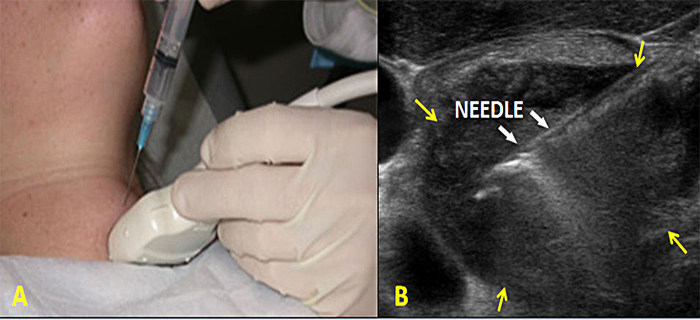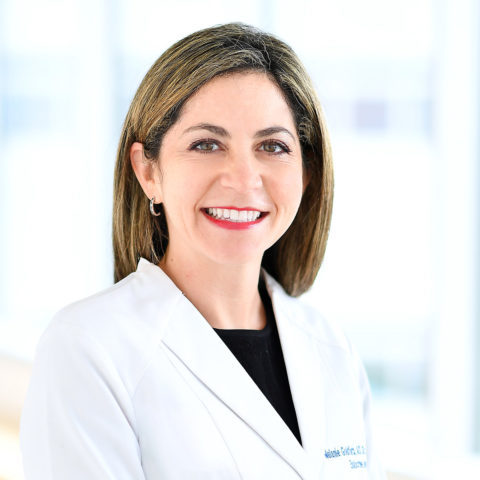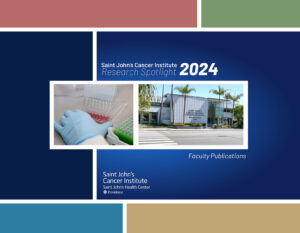What to Expect During Your Thyroid Biopsy
A biopsy of your thyroid nodule or lymph node will be recommended for solid nodules > 1.5-2cm (not cysts), abnormal lymph nodes, and occasionally very suspicious appearing nodules that are 1cm in size. Current guidelines do not recommend thyroid biopsy of nodules < 1cm.
Dr. Goldfarb will perform an ultrasound-guided biopsy that same day in the office and a pathologist will look at the slides in real time to provide a preliminary diagnosis before the appointment is over.
This consists of a very small needle being inserted into your nodule or lymph node 2-3 times on ultrasound guidance. The entire process will take 5-10 seconds per biopsy pass. It will feel slightly uncomfortable and a little strange, but is not overtly painful.






